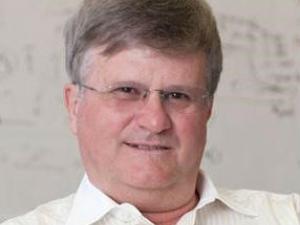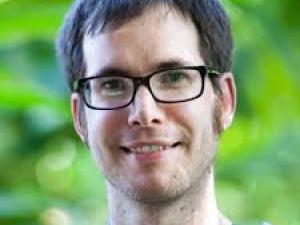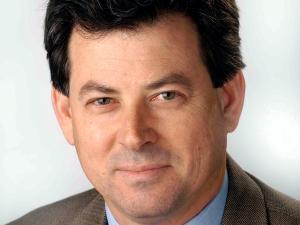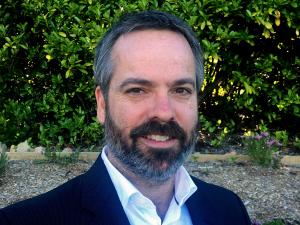High-energy Physics Phenomenology
Phenomenology is the interface between theoretical and experimental high energy physics.
While there is some overlap with projects in theoretical high energy physics, the emphasis on these projects is in performing extensive and careful calculations of particle physics models so as to allow a direct comparison with experimentally measurable quantities.
In addition to the mysteries of Dark Matter and Dark Energy, there are extremely compelling reasons to believe that the Standard Model is not the complete story and that it must inevitably be extended to include BSM. The apparent unification of the electromagnetic, weak and strong forces at the scale of 10^16 GeV strongly argues for the existence of so-called Grand Unified Theories (GUTs), which include all three in a single unified model. In addition, the quantum effects of gravity can no longer be ignored at scales of 10^19 GeV (the Planck scale) and at such a scale we need to build a Theory of Everything that includes gravity.
Any theory of new physics should show up in lots of experiments including high-energy accelerator searches (such as the Large Hadron Collider and previous collider experiments), neutrino mass and mixing data, direct and indirect dark matter search experiments, low energy precision measurements, flavour physics, rare decays and in cosmology.
The challenge of the phenomenologist is to calculate in detail the expected signals in each of these experiments, and to work out which new theories of physics are still viable given current measurements and which can be tested in new accelerators should they be constructed.
The Adelaide High Energy Physics group is heavily involved in the detailed phenomenology of supersymmetry (SUSY), including calculations in non-standard SUSY models, SUSY dark matter studies and the invention of new techniques for finding supersymmetric particles at the Large Hadron Collider. We also study the detailed observable phenomenological consequences of non-SUSY scenarios, including extra dimensional scenarios, effective dark matter models and general grand unified theories.
Finally, the Adelaide group is leading an international effort to take all current astrophysical and particle data to measure generic new theories of physics using state of the art computational techniques. We welcome applications from students wishing to do a combination of experimental, computational and theoretical work.
The research activities of the High Energy Physics (HEP) group in the Department of Physics are largely carried out under the umbrella of the ARC Centre of Excellence for Particle Physics at the Terascale (CoEPP) of which Adelaide is one of four nodes (University of Adelaide, University of Melbourne, Monash University and the University of Sydney).
- Anthony Thomas | Martin White | Anthony Williams | Ross Young
- Research area: High Energy Physics
- Recommended honours enrolment: Honours in Physics




